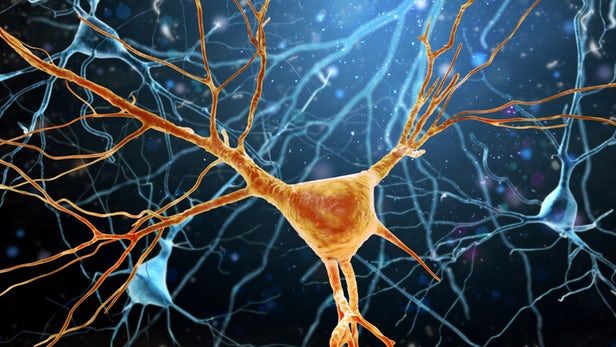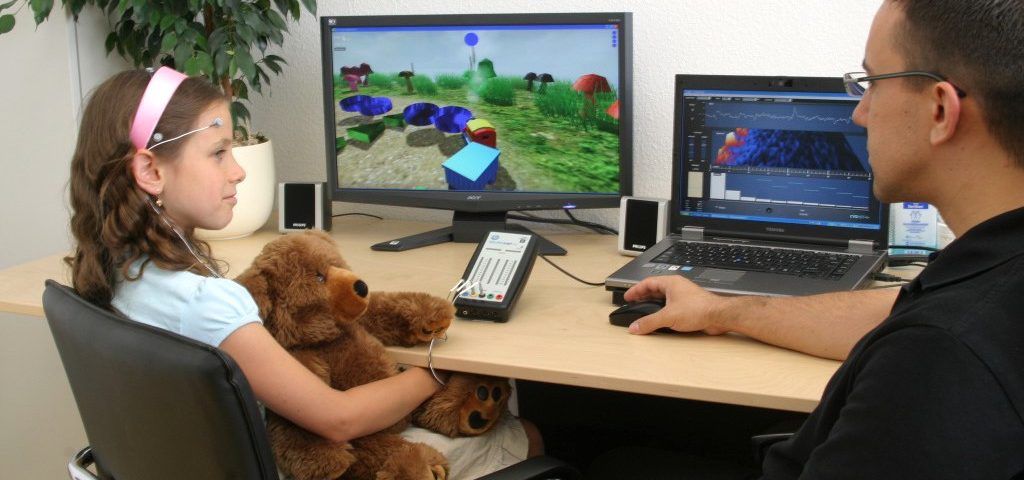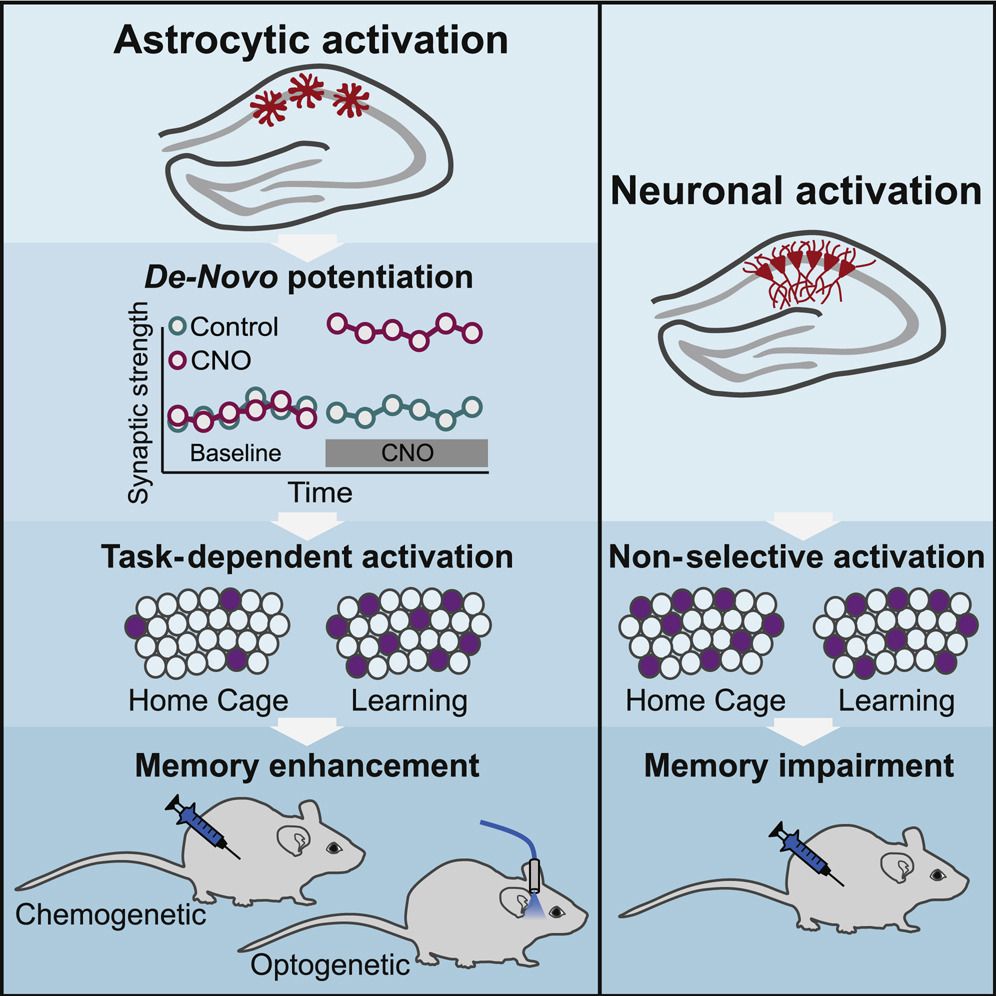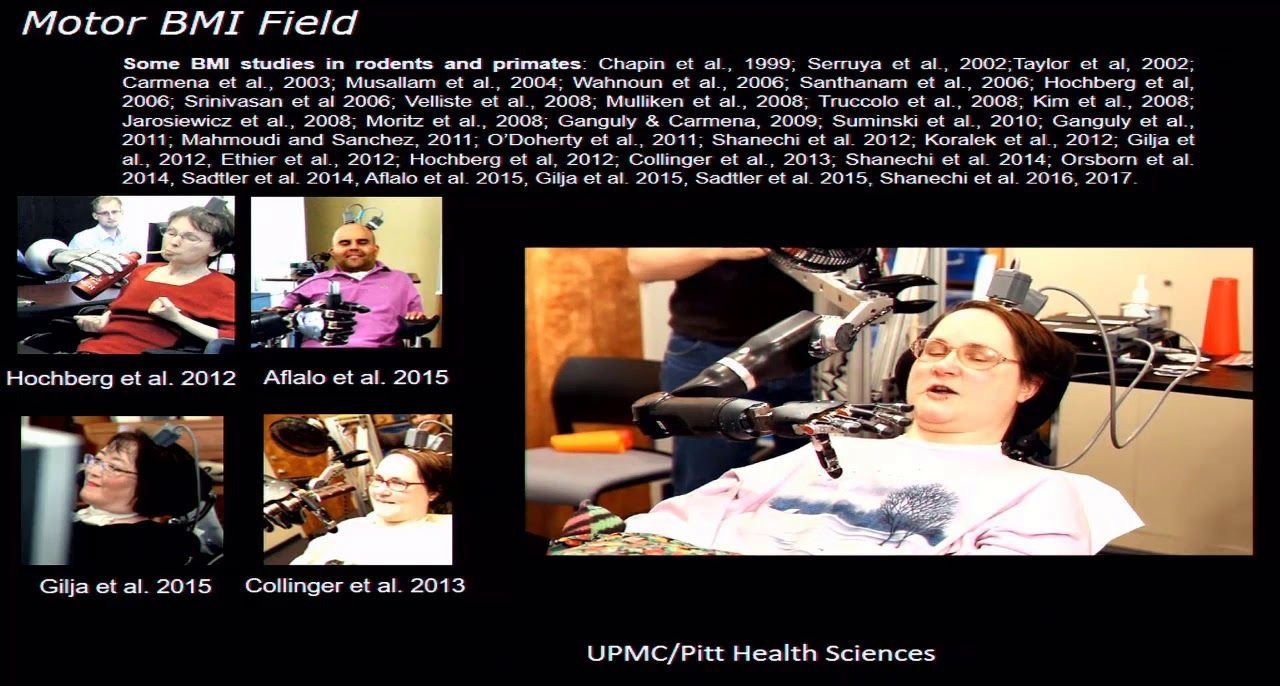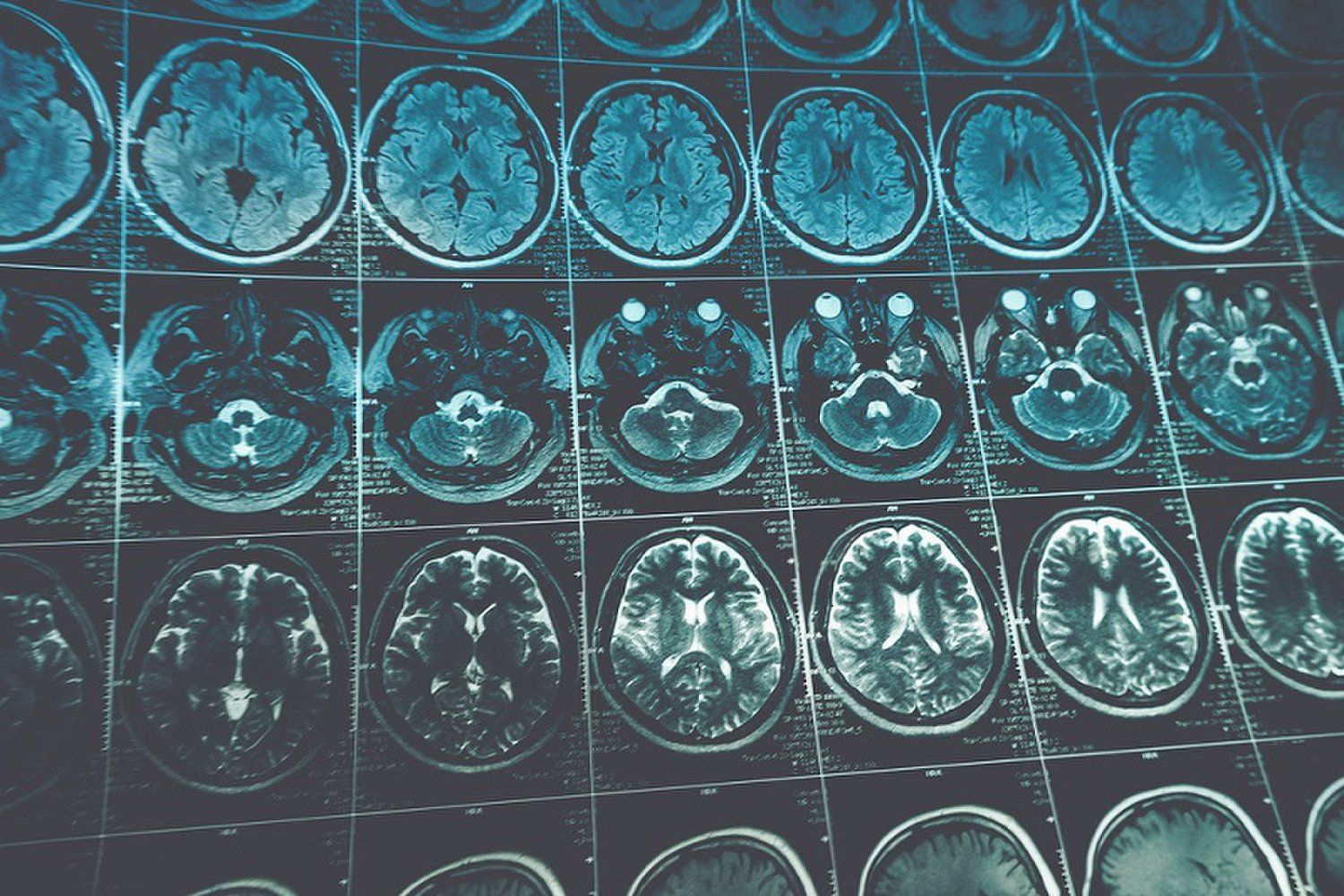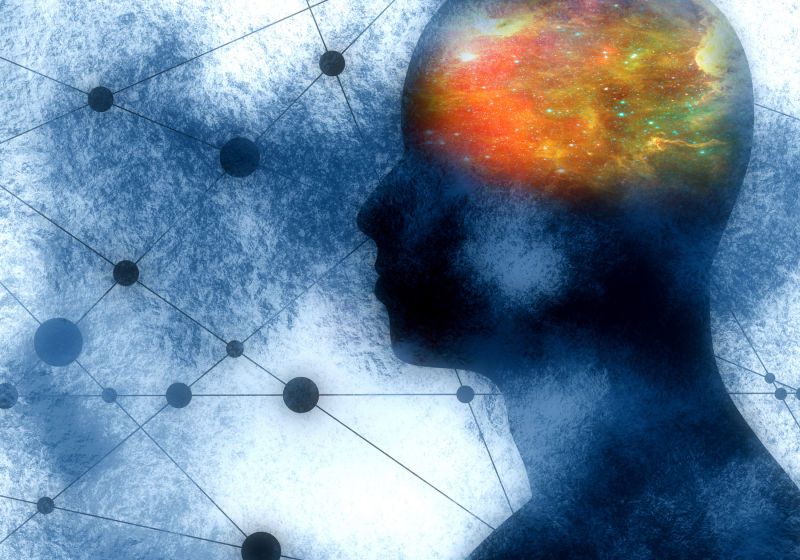Jul 4, 2018
Drug that stops progression of Parkinson’s disease heads for human trials
Posted by Genevieve Klien in categories: biotech/medical, neuroscience
An exciting experimental drug developed by scientists at Johns Hopkins Medicine has been found to stop the progression of Parkinson’s disease in live mice models. The new drug could be the first medication to specifically slow the progression of the devastating disease as opposed to current treatments that only target the symptoms.
Microglia are a kind of immune cell primarily found in the brain. One of the neurodegenerative processes that occurs in the brains of Parkinson’s disease patients is when the microglial cells send chemical signals to another kind of brain cell called astrocytes. This signal spurns those astrocytes into more aggressive behaviors, eating away at connections between neurons.
“The activated astrocytes we focused on go into a revolt against the brain,” explains Ted Dawson, one of the researchers on the project, “and this structural breakdown contributes to the dead zones of brain tissue found in those with Parkinson’s disease. The idea was that if we could find a way to calm those astrocytes, we might be able to slow the progression of Parkinson’s disease.”
Continue reading “Drug that stops progression of Parkinson’s disease heads for human trials” »
